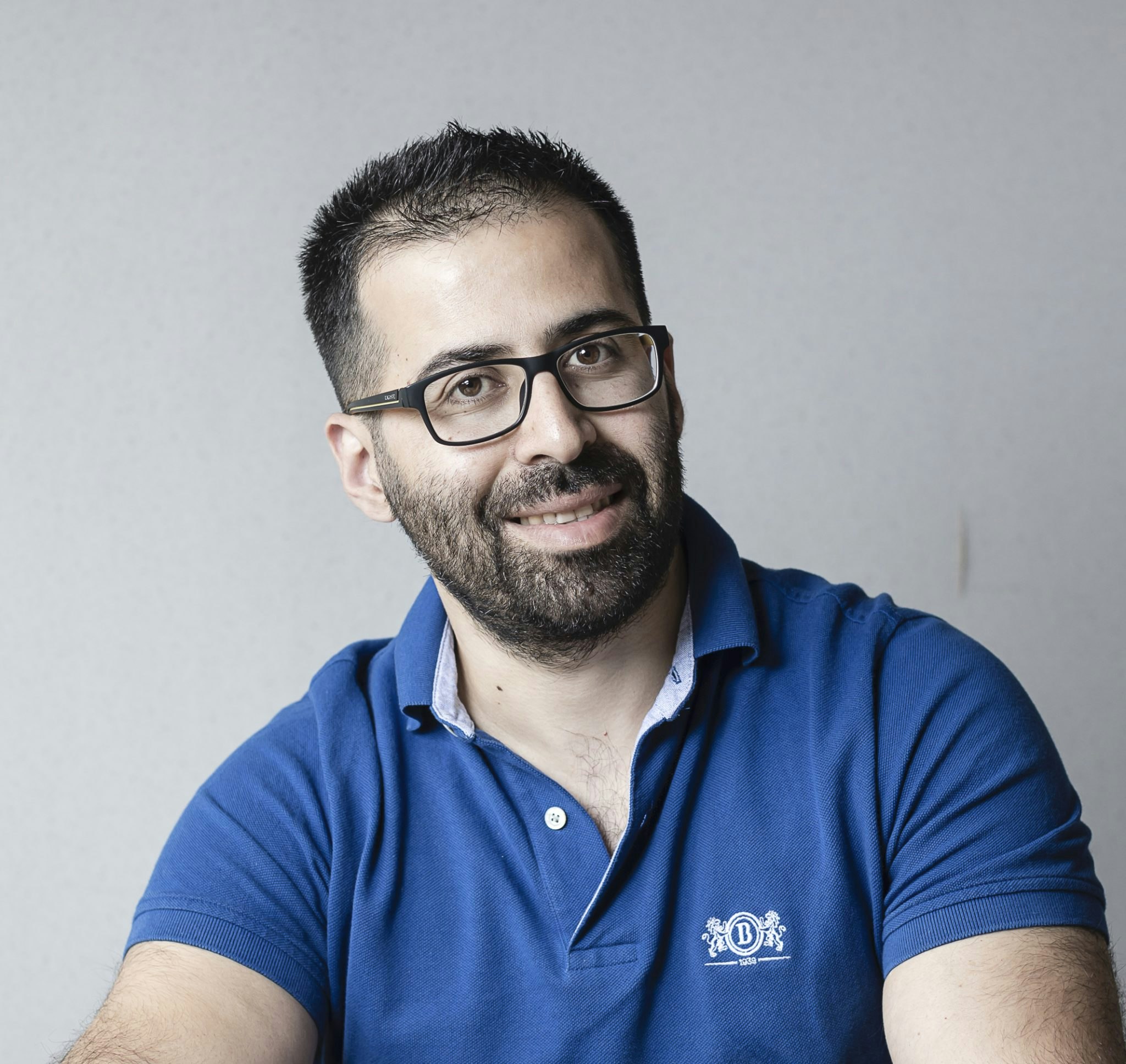Deep Instinct, the Israeli cybersecurity company using deep learning AI to defend against malicious attacks in “milliseconds”, has raised a $100m Series D funding round.
The terms of the deal give the company a “close to unicorn” valuation, Guy Caspi, the company’s CEO told Sifted. “Maybe before the end of the year we will reach that valuation,” Caspi said.
The company says it is using this latest funding round to move into a hyperscale phase where it will rapidly build up its sales team in Europe and the US. The company says that last year it tripled the number of its enterprise customers.
Also in the works is an eventual $10bn+ IPO in the US, although Caspi did not specify the timing. This may seem like big talk from a startup that is not quite yet a unicorn, but cybersecurity company Crowdstrike, for example, listed with a $7bn valuation in 2019 and is now valued at more than $47bn.
Several companies use AI to assist the detection of malicious activity online, including companies like Darktrace (which is planning a £3bn listing in Lonon next month) and CrowdStrike.
Deep Instinct’s unique selling point, however, is speed. The deep learning software — similar to what Google and Facebook use to enhance search and Apple uses to run Siri — learns to detect anomalies and can block them within around 10 milliseconds, according to the company. That is faster than real-time, a computer term that means that data is processed so quickly that it is available almost immediately. The conventional boundary of what is considered "real-time" is 30 milliseconds, points out Caspi.
Many of the other AI-assisted cybersecurity companies can take action against an attack without the need for a human analyst, but it will take at least a minute to mount the protective action. The AI systems generally need to pass information to the cloud and back to decide the course of action which slows things down.
“That’s too long. I used to do this on the other side, and I know it takes just five seconds to penetrate a large organisation,” said Caspi, who is a veteran of the Israeli Defence Force’s Unit 8200 of cyberspies. Unit 8200 alumni have gone on to found some of the world’s largest cybersecurity companies — such as Check Point and Palo Alto Networks — leveraging techniques they learned during their cyber-espionage years.
“The sophistication and complexity of attacks is now such that you need to be faster. We are no longer dealing with hacker groups wanting to steal money or put a smiley face on your homepage. We are dealing with hacker groups funded by nation states,” Caspi said.
The UK Foreign Office, for example, recently revealed that Russian intelligence was behind the 2020 SolarWinds hacking attack in which 18k companies globally were infiltrated through compromised software.
Bryan Littlefair, CEO of Cambridge Cyber Advisers and formerly global CISO at Vodafone and Aviva said the use of deep learning was a gamechanger for cybersecurity. “It effectively future proofs security teams,” he says.
“Unlike the old world, where you were always on the back foot because you were only protected against threats that the technology already knew about, now we can predict and prevent zero-day attacks that have never been seen before,” he adds.
So-called “zero-day attacks” exploit previously unknown security flaws in systems. They account for around 80% of successful breaches.
The funding round — which brings the total Deep Instinct has raised to $200m — was led by BlackRock, with participation from Untitled Investments, The Tudor Group, and CEO of 23andMe Anne Wojcicki.



